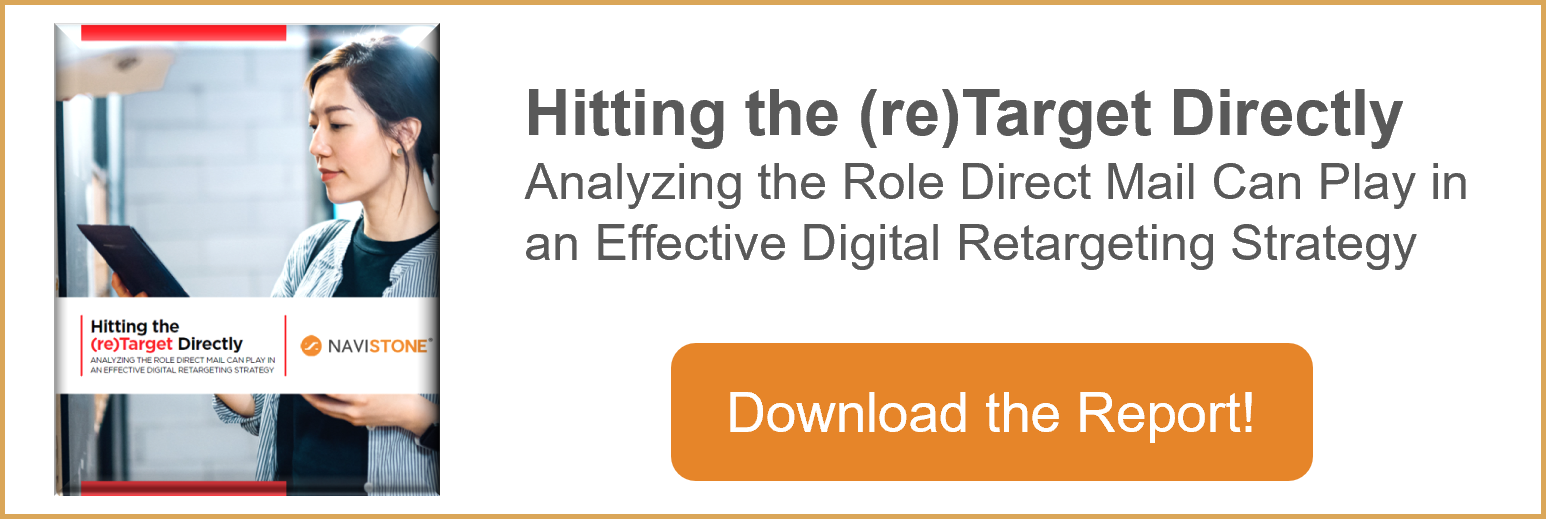Related Topics
-
Solutions

NaviStone Customers
Discover how top companies use NaviStone to power their marketing.
-
Products
-
Lookalike Audiences Enhance customer acquisition by identifying high-potential prospects, boosting response rates, and lowering advertising costs.
-
Retargeting Postcards Double the performance of your direct mail retargeting.
-
Amplify Recognize unknown visitors who are actually customers. Add 20-40% to your ESP/CRM campaigns.
-
IQ Mail Retain customers with personalized, timely messages for those opting out of digital channels.
-
- Resources
- Agency Partners
- About





Comments